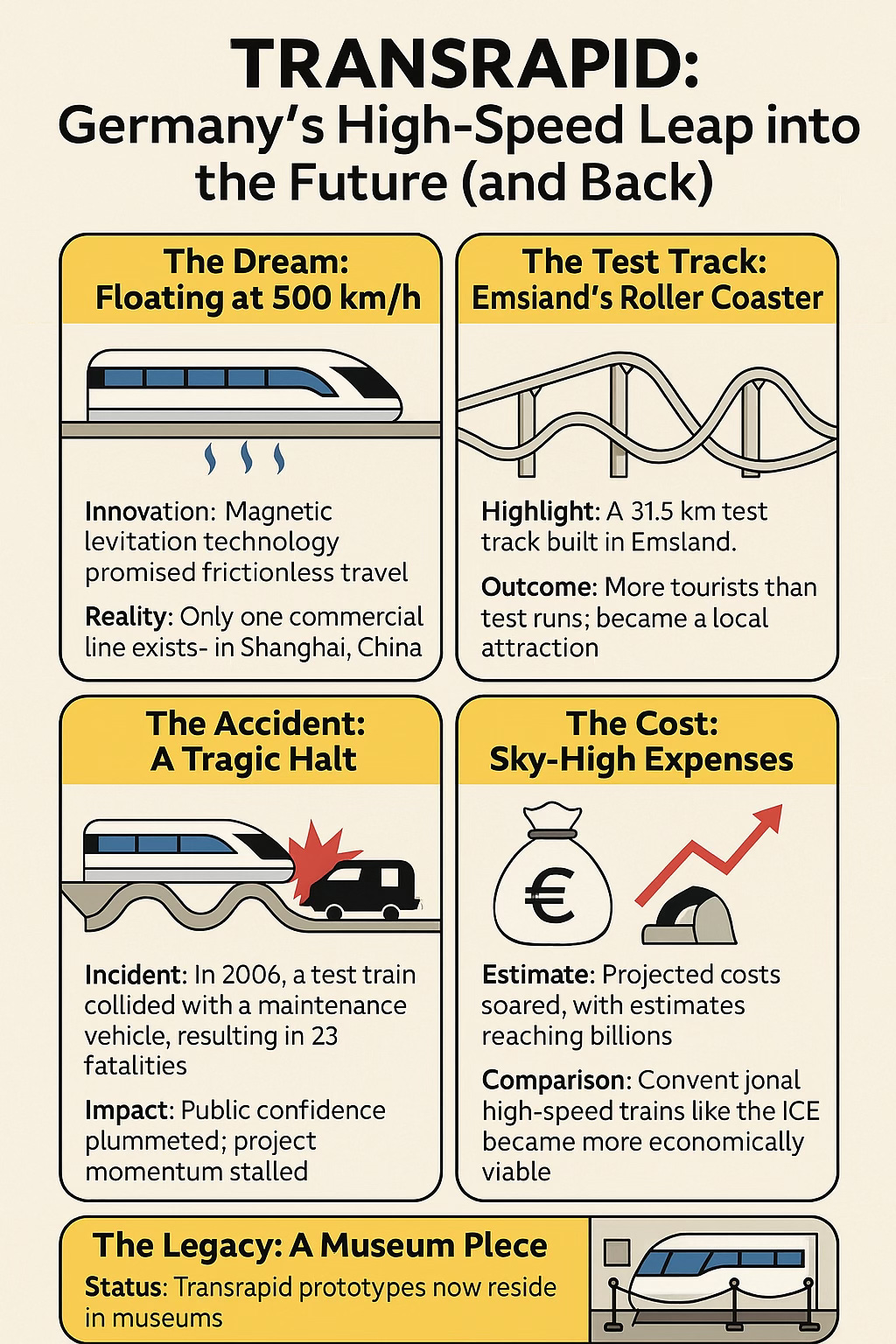About a month ago, I was soaking up the sun in La Gomera, one of the Spanish Canary Islands, enjoying a cold drink in my hand and the calming sea breeze on my skin. Now, back in Germany, I have a new slew of nasal spray in my hand for my constantly coughing kids, as well as an insufficient amount of Vitamin D on my skin. No wonder I’ve been feeling a bit down lately. I often ask myself why I voluntarily live somewhere where the weather makes me miserable and is apparently quite unhealthy for my allergenic husband and kids. In fact, when I mentioned to our paediatrician that there was no coughing, sneezing, or runny noses while we were on vacation, he introduced me to a European wide pollen count forecast and joked that he would be out of work if he lived on the Canaries. Is it too late to learn Spanish?
In other news, as I’ve been slowly emerging out of my Urlaub-cocoon, much like the monarch butterflies on La Gomera (remember, do not step on the caterpillars), things in German politics have been moving along like a shit show less than satisfactory. In case you missed it, the German government had another blow after snap elections took place in February because apparently, Friedrich Flintstone Merz is not as popular among his coalition colleagues as he may have thought. Let me explain. As we learned in one of my previous newsletters, “Time to Party,” when it comes to Bundestag elections, constituents have two votes: one Erststimme for a person and one Zweitstimme for a party. As a result, voters in Germany do not directly vote for Chancellor. Instead, after the elections are held and, when necessary, a coalition is formed, the final step in sealing the deal for a new government is that the Federal President consults with all elected parties in the Bundestag and proposes a candidate for Chancellor. Then, the members of the Bundestag vote to elect the Chancellor on behalf of the German voters. To be elected, the candidate must secure an absolute majority, meaning half of the Bundestag members plus at least one additional vote. Unfortunately for Friedrich, he failed to secure a majority in the first round of voting, which was especially embarrassing because the Bundestag members of the ruling CDU/CSU and SPD coalition obviously, albeit by a narrow margin, make up more than half the seats in parliament. Oops. However, the Bundestag seems to function kind of like how I shop online at Zalando, meaning that if I change my mind, I can simply return an item at no cost or the Bundestag can just vote again. In an unprecedented move, the Bundestag voted in a second round and Merz secured the absolute majority he needed to become Chancellor.
After this whole political debacle, I couldn't help but notice that German efficiency is back in action. You see, according to the German Grundgesetz (constitutional law), if a Chancellor is not elected by the Bundestag in an absolute majority during the first round of voting, a second round of voting must be organized within fourteen days. During this time, any number of ballots from different candidates are allowed; however, an absolute majority is still needed. Not one to wait around, except, of course, when pushed out of politics by Angela Merkel for twenty years, Friedrich “Rambo Zambo” Merz managed to organize a second vote within just a few hours to secure his position and was subsequently sworn in as Germany’s tenth post-war Chancellor on May 6th. I wonder if he used this catchy tune to celebrate?
Inspired by the efficiency Merz showed in rounding up a second vote and the leading example of the Department of Government Efficiency (DOGE) in the United States, I took it upon myself to think of some additional ways that Germany could operate more efficiently.
Spargelschälmaschine in Every Supermarket
It’s May (wait, how is it already May?), and you know what that means in Germany: Spargelzeit, Brückentage, and Eurovision. As a matter of fact, I’ve been seeing Frischer Spargel signs pop up in the last few weeks faster than the daffodils and tulips in my garden. And everyone in Germany eating copious amounts of asparagus with hollandaise sauce this spring knows just how annoying it is to peel those watery white vegetable stalks by hand. Well, not anymore. During a recent trip to the Sauerland to visit my in-laws, I discovered the holy grail of vegetable peelers, the Spargelschälmaschine. My husband informed me that it is quite normal for supermarkets to set up a seasonal asparagus peeling machine, and I probably just hadn’t noticed until now because I find white asparagus bitter and repulsive. Still, I suggest that every supermarket in Germany receive a Spargelschälmaschine for their customers to peel their asparagus more efficiently, because after all, doesn’t white gold deserve the very best?
Get Digi With It
At around this time last year, I started looking into what documents I would need to submit my application for German citizenship. Despite several attempts at emailing the person responsible at my local registry office and receiving zero replies, I eventually got through on the phone and quickly confirmed my past experiences, that just like E=mc^2, overly bureaucratic German system=waiting time^2. Despite being a global leader in engineering, Germany is desperately lacking in digital infrastructure. For example, public Wi-Fi is scarce, e-government services are underdeveloped, and paper forms are still standard. Case in point, just this year, instead of having the option of filling out and submitting my citizenship application online in an efficient manner, I was sent a printed out paper version in the mail, which I had to fill out by hand and physically bring to the registry office along with an extra copy of all my documents. After handing everything in, the woman working at the registry office informed me that I could expect to wait around fifteen months before I could make the payment necessary to process my application and an additional fifteen months after that before my application could actually be processed. A while later, I received a letter in the mail from the Regierungspräsidium Darmstadt with my case number and a please-be-patient-clause blaming the COVID-19 pandemic as an excuse for Germany’s general digital ineptitude and maximum inefficiency. Datenschutz be damned, can Germany just once and for all get digi with it?
Comeback of the 10 Minute Transrapid
I’ve written before about how frustrating it is traveling with public transportation in Germany, especially when I am trying to get to work on time. In the year 2025, I ask myself why I am still filling out paperwork here by hand and why I’m not simply hovering to work in a flying car and ejecting my kids to their kindergarten like in the Jetsons. However, thanks to the new government coalition and Mr. Nürnberg Markus Söder, I now have hope that it is time for a literal blast from the past; the comeback of the Transrapid. For those not aware of what I’m talking about, let’s embark on a short history lesson in German engineering and efficiency, i.e. ingenious ideas that are often abandoned or drawn out due to bureaucratic red tape, high costs, and public skepticism.
The Transrapid was developed in Germany in the 1960s as a high-speed monorail train using magnetic levitation. A test facility was established in Emsland, Germany in the 1980s and in the early 1990s, the technical readiness of the train was approved by the then West German Deutsche Bundesbahn (known today as Deutsche Bahn) together with the top universities in Germany. So, if Germany was able to come up with such an idea and build a testing facility for the Transrapid all while the Wall was up, then why am I still traveling to work with an unreliable subway to bus connection instead of using a magnetically levitating high-speed train? After all, according to this promotional video by ThyssenKrupp, one of the companies involved in developing and marketing the Transrapid, the high-speed train reached a world record speed of 450 km/h (279 mph) in 1993, which is nine times faster than the average subway speed in Frankfurt at around 50 km/h (31 mph) today. Although the Transrapid seemed quite promising, due to high infrastructure costs and a fatal crash on a test track in 2006 resulting in 23 casualties, politicians and the public lost interest, and the test site in Emsland was even set to be demolished after its operating license expired in 2011. As a matter of fact, decades later, there is still no one traveling from the Munich Hauptbahnhof to the airport in just 10 minutes, as former Minister President of Bavaria Edmund Stoiber, who, despite being a bit confused about the logistics and prepositions involving the Transrapid, but was enthusiastic nonetheless, had hoped for in 2002. There is, however, one commercially operating Transrapid, the Shanghai Maglev Train in China, which connects the rapid transit network in Shanghai to the Pudong International Airport. I’d like to go a step further in the name of German efficiency, and, based on Herr Stoiber’s vision, suggest a Transrapid that connects all major city infrastructure such as hospitals, train stations, universities, airports, and convention centers within 10 minutes. The 15-minute city is out, and the 10 minute Transrapid is (back) in.
As the DOGE is obviously making the U.S. great again by saving a bunch of taxpayer money… oh wait, if it’s not saving money, then what is it doing? Anyways, I believe the new German government should follow my suggestions towards maximum efficiency in peeling asparagus, getting digi with it, and establishing a 10 minute Transrapid, as well as following another great U.S. example, adopting the following slogan: MGEA - Make Germany Efficient Again! Who wants to put in an order for a hat?






Fredi Merz has *never* been as popular as he thought/wished he was. Not news.
What sent me last week is all the panic-stricken headlines and editorials about Merz’ chancellorship already weakened because two ballots were needed. Germany. Please. It doesn’t get weaker than the last guy. You’ll be fine.
As always. Love your perspective!!